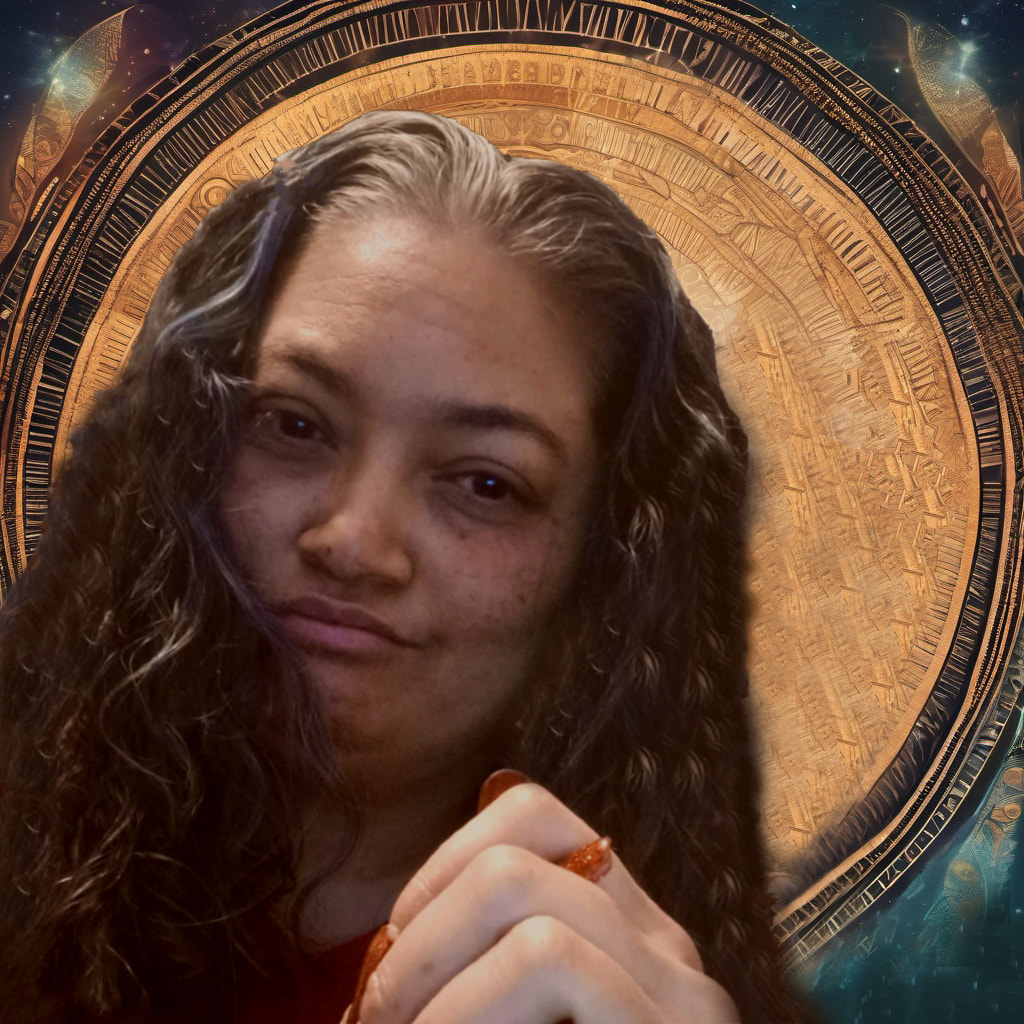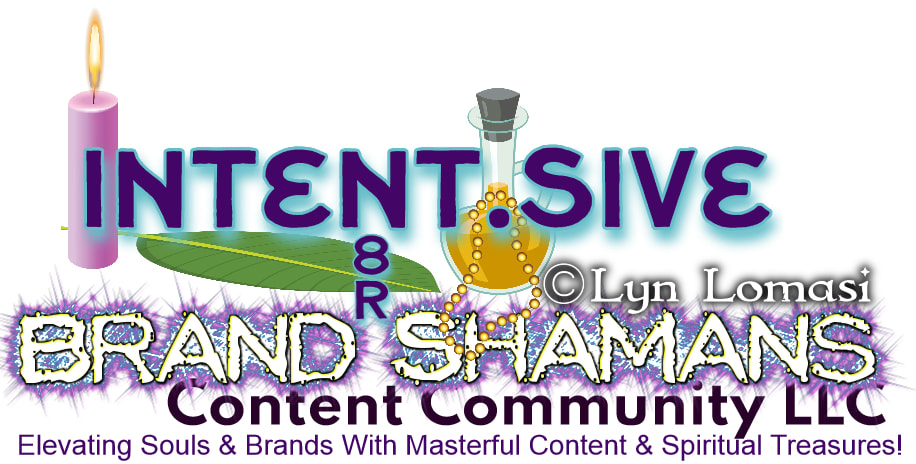|
by Joshua Packard, Fullness of Happy  This is the first of a regular column I intend to write called "Psyched". The entries will deal with books and other media having to do with psychology, psychiatry, mental health and illness, neurology, and basically anything having to do with the mind and what makes it work healthy or fail to work. I am considering going back to school to study Psychology, because I want to do something that contributes to the improving and well being of those who suffer from mental illness and those who care for them. Let me know if there are any books or other media which you think I should read and possibly review here. With that said, here is the first entry to my "Psyched" column. I want to recommend that anyone in the area of psychology, psychiatry, therapy, neurology or any other field dealing with the brain and mental health read the book "Change Your Brain, Change Your Life" by Dr. Daniel Amen. I will just get straight to the point about why this book is a must read for anyone who may be diagnosed with a mental condition or seeking to improve the mental conditions of their lives. Dr. Amen does not just focus on cataloging symptoms and attempting to make a diagnosis that fits the criteria compiled in a non brain connected guidebook such as the Diagnostic and Statistical Manual of Mental Disorders. Dr. Amen makes use of brain scans called SPECT in identifying what kind of brain activity (or lack of it) is going on in patients who are referred to him. Dr. Amen makes the connection between the brain and mental illnesses or disorders or behavior problems. His use of brain scans, while not the only factor in diagnosing and treating various conditions, makes psychiatry into an actual physical science of the brain. It is no longer subjective guessing game where the only evidence used to identify what is going wrong is through external behavior. Dr. Amen can show a patient the difference between normal brain activity and the abnormal activity, or hyperactivity, of various parts of the brain involved in different kinds of mental and emotional and physical behavior and health. The praise I give this book is simple. If my experience with the psychiatric and mental health fields had involved brain scans such as Dr. Amen does, and connected the brain difficulties and mental symptoms I have to something physical in the brain, I would not have been so resistant to getting involved with psychiatrists, therapists, and psychiatric medication. Today's psychiatrists claim that mental illness is a condition of the brain, but do not use any kind of scan or test or brain imaging to help identify what exactly is going wrong with the brain, what areas of the brain are overactive, or not active at all. Psychiatrists should look into Dr. Amen's work, and try to incorporate brain scans into their diagnostic considerations and also in determining what treatments, and medications are best to promote optimal brain health for their patients. I would not have been so resistant to taking medications if the criteria and methods used for determining my diagnoses and what regimen of treatments and medicine were based on brain science and actual evidence of what is wrong with my brain. Today's psychiatrists don't do that. They base everything on externals, such as behavior or symptoms, and do not actually look at what is actual going on, or not going on, in the brain. If you work in the psychiatric or mental health field, read this book. If you or someone you know has a mental illness, and especially are resistant to working with psychiatrists, therapists, or taking medication, read this book. This is a book anyone concerned with having a healthy brain should read and recommend to the other people in their lives to read. Get a copy, get 10 copies, and give them to your doctors, therapists, friends, family, church leaders, etc. I can't recommend this book any more highly than I do. I plan to read Dr. Daniel Amen's other books as well. Hopefully, I will be able to write reviews for them, as well.
0 Comments
by Joshua Packard, Fullness of Happy 
Recently, I finished reading a nonfiction book called “The Philosophy of Tolkien” by Dr. Peter Kreeft. I highly recommend reading this book for anyone who is interested in Tolkien's Lord of the Rings and other Middle-Earth novels and stories. Kreeft digs through the writings and letters of J.R.R. Tolkien and correspondence between him and his good friend C.S. Lewis of “Chronicles of Narnia” fame to demonstrate the very rich worldview and philosophy that fueled the creation of Middle-Earth and his fantasy stories. Kreeft discusses such questions as to God's existence, the existence and nature of angels, what is beauty, the meaning of death, romance and love, knowledge, history, language, politics, and ethics.
I started reading this book over a year ago and got bored for some reason. I picked it back up a couple of weeks ago and couldn't put it down. Perhaps this is because I left off on the parts where Kreeft discussed two of my favorite ideas: Predestination and Providence. I recommend especially the chapter in which Kreeft discusses Tolkien's take on ethics, especially the battle between good and evil which Tolkien dramatized in his novels. I want to highly recommend this book, though I feel inadequate to the task of doing the book justice in this review. But I want to insert here a quote about the battle between good and evil which I thought highly uplifting and inspiring: “Good and evil are not equally powerful, because they are not equally real—even though evil appears not only equal to good but even stronger than good (“I am Gandalf, Gandalf the White, but Black is mightier still”). But appearance and reality do not coincide here, and in the end evil will always reveal its inevitable self-destruction (although often after a terrible price is paid: e.g. Napoleon, Hitler, Stalin). The self-destruction of evil is not just something to believe in and hope for, but to be certain of. It is metaphysically necessary, necessary because the very kind of being evil has by its unchangeable essence. For evil can only be a parasite on good. It depends on a good host for it to pervert. “Nothing is evil in the beginning” or by nature. Morgoth was one of the Ainur, Sauron was a Maia, Saruman was the head of Gandalf's order of Wizards, the Orcs were Elves, the Ringwraiths were great Men, and Gollum was a Hobbit. And whenever a parasite succeeds in killing its host, it also kills itself. So if evil succeeds, it fails; it commits suicide.” I recommend this book highly. There are so many gems in the form of quotes from Tolkien's letters and correspondence with others such as C.S. Lewis, and I hope you will find more enjoyment in Tolkien's epic saga the Lord of the Rings after reading this book. "The Philosophy of Tolkien" can be purchased on Amazon here. |
Book News, Reviews, & Info
Archives
November 2018
Categories
All
|
- Brand Shamans
- Brand Healing
- Inner Healing
-
INTENT-SIVE NATURE
- Content & Brand Elevation
- Healing Jewelry & Talismans
- Bath, Beauty, & Self-Care
- Healing Sessions
- Rituals, Herbs, & Altar Supplies
- Gawwwdess Baby Boutique
- Soul Flame Gifts
- Yoga & Meditation
- Books & Media
- Education & Homeschool Resources
- Home, RV, & Decor
- Clothing
- Pets
- Custom Orders
- Monthly Subscription Boxes
- October Festivals
- Herbal Intent
- FLOW-Key Parenting
- About & Contact
- RV, Nature, & Travel Shamans
- Souls Within
- Life & Home
- Heart 'N Mind Homeschool
- The Homeschooling Mommy
- Books & Authors
- Speak Up!
- Pawsitive Pet Parenting
- Manifesterz
- Gifts In Minutes
- Brand Shamans
- Brand Healing
- Inner Healing
-
INTENT-SIVE NATURE
- Content & Brand Elevation
- Healing Jewelry & Talismans
- Bath, Beauty, & Self-Care
- Healing Sessions
- Rituals, Herbs, & Altar Supplies
- Gawwwdess Baby Boutique
- Soul Flame Gifts
- Yoga & Meditation
- Books & Media
- Education & Homeschool Resources
- Home, RV, & Decor
- Clothing
- Pets
- Custom Orders
- Monthly Subscription Boxes
- October Festivals
- Herbal Intent
- FLOW-Key Parenting
- About & Contact
- RV, Nature, & Travel Shamans
- Souls Within
- Life & Home
- Heart 'N Mind Homeschool
- The Homeschooling Mommy
- Books & Authors
- Speak Up!
- Pawsitive Pet Parenting
- Manifesterz
- Gifts In Minutes

 RSS Feed
RSS Feed




